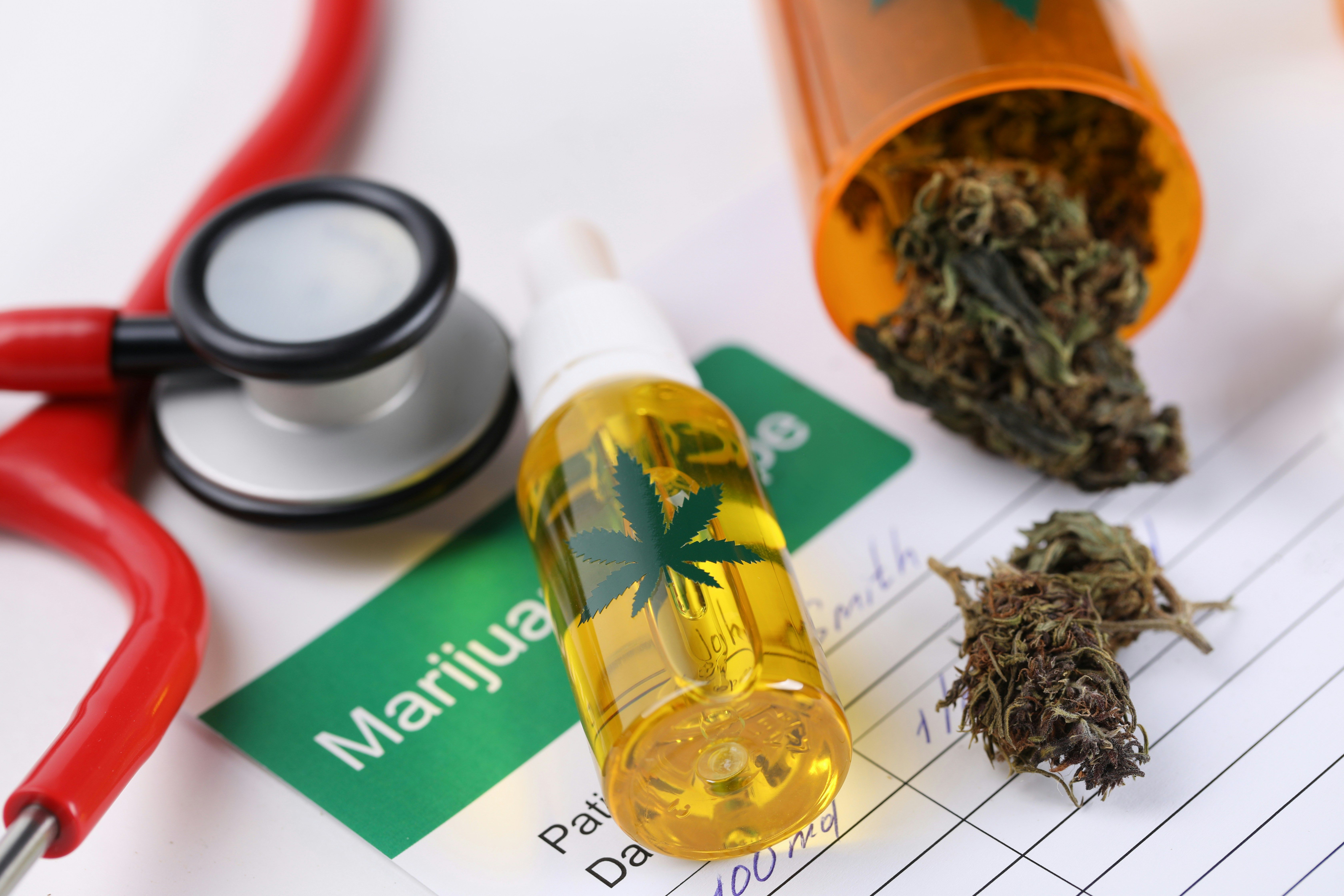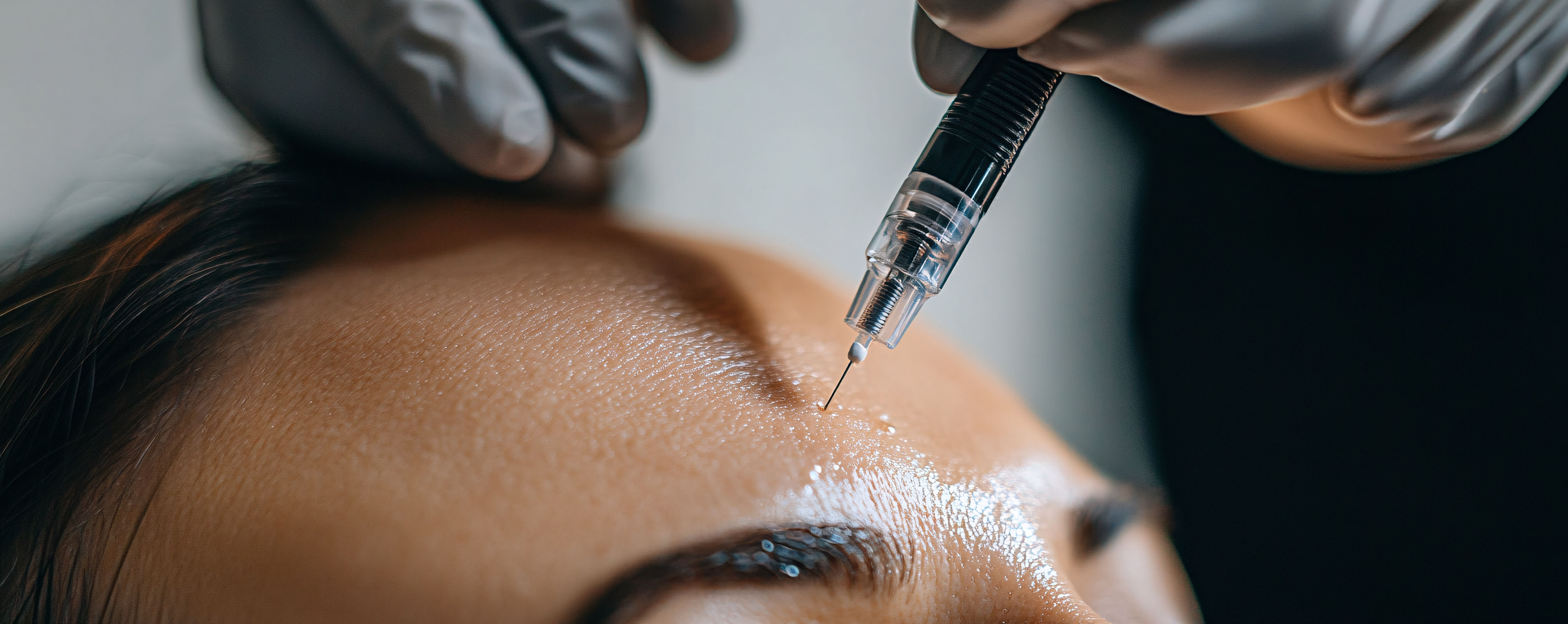Collect points, save money, and get rewards—that's Payback's motto. But can you also collect points when purchasing medical devices such as hearing aids? According to the Federal Court of Justice: Yes! However, only to a very limited extent.
What happened so far...
The hearing aid chain amplifon advertised that customers would receive one Payback point worth one cent on their Payback account for every Euro spent in the store (including the purchase of hearing aids or other products for the hearing impaired) upon presentation of their Payback card. The Payback points collected can be paid out in cash or converted into non-cash rewards, vouchers, or donations.
The Center for the Prevention of Unfair Competition, a German institution for the protection of consumers and fairness in competition, considered advertising with Payback points for the purchase of hearing aids to be a violation of the prohibition on promotional gifts under the German Healthcare Advertising Act (Section 7 (1) “Heilmittelwerbegesetz”, short “HWG”) and therefore sued the hearing aid specialist.
According to the Healthcare Advertising Act (HWG), gifts and promotional items in the form of free goods or services are generally prohibited in product-related advertising for medicinal products, medical devices, and certain medical procedures and treatments (Section 1 (1) HWG) – with certain exceptions, which are regulated in Section 7 (1) sentence 1, clause 2, No. 1 to 5 HWG. One of these exceptions is "low-value trifles" (Section 7 (1) sentence 1 clause 2 No. 1 HWG).
The Regional Court of Hamburg (judgment of May 12, 2021 – 312 O 306/19), which initially dealt with this case, dismissed the action. On appeal, the Higher Regional Court of Hamburg (judgment of February 29, 2024 – 3 U 83/21) then partially amended the first-instance judgment and set the limit for the total value of the Payback points at 5 Euro per purchase of a product. The court held that only above this threshold there was a risk that consumers will be unduly influenced in their purchasing decisions. Below this threshold, the points constituted a "low-value trifle" within the meaning of Section 7 (1) sentence 1, clause 2. No. 1 HWG.
Other courts, however, had been stricter. For example, the Higher Regional Court of Stuttgart (judgment of February 22, 2018 – 2 U 39/17) had already set the value limit for "low-value trifles" at 1 Euro in 2018, even in so-called HCP advertising, i.e. advertising aimed at healthcare professionals (HCP) such as members of the medical professions and traders in medical devices and medicinal products.
1 Euro or 5 Euros – what is the limit for a "low-value trifle"? The Federal Court of Justice now had to answer this question.
Federal Court of Justice: 1 Euro limit for low-value promotional gifts also applies to medical devices
The Federal Court of Justice rejected the opinion of the Higher Regional Court of Hamburg in its ruling of July 17, 2025 (I ZR 43/24), thereby upholding the appeal lodged by the Center for the Prevention of Unfair Competition. According to the Federal Court of Justice, the value threshold below which an improper influence on the audience of the advertisement can be ruled out is only 1 Euro. The court said that this applies at least to public advertising, i.e., advertising that is not limited to HCPs. “Low-value trifles” are only objects of such low value that they represent an "expression of general customer friendliness”. In the case of gifts of higher value, there is a risk, particularly among consumers, that they will search less intensively for hearing aids more suitable for them as a result of the advertising and the promotional gift.
The court clarifies that the “low value” is not to be determined relatively in relation to the value of the goods, but absolutely. The individual value of one Payback point is also not decisive; rather, the total value of the number of Payback points collected for the purchase of the medical device is relevant. This total value may not exceed 1 Euro.
Payback points are not a cash discount according to the Federal Court of Justice
The Federal Court of Justice also dealt with the question of whether Payback points are to be regarded as cash discounts. This is relevant because gifts or promotional items that consist of "a specific or calculable amount of money" (discounts) are also excluded from the prohibition on promotional gifts pursuant to Section 7 (1) sentence 1, clause 2 no. 2 a) HWG – at least if they are not inadmissible discounts for medicinal products which are subject to statutory price control. For medical devices that are not price-controlled, cash discounts are therefore generally possible under Section 7 HWG.
However, according to the ruling, payback points are not cash discounts within the meaning of Section 7 (1) sentence 1, clause 2 no. 2 a) HWG. The court held that a cash discount is characterized by the fact that it is paid out or at least deducted from the invoice amount. This is not the case with payback points. Their value is only realized in subsequent transactions, for example when they are exchanged for other products or for shopping vouchers.
Higher value limit in advertising to healthcare professionals (HCPs)?
The Federal Court of Justice left open the question of whether a higher value limit applies to advertising to healthcare professionals (HCPs) for non-price-controlled medical devices. This assumption is supported by the fact that the court expressly justifies the low 1 Euro limit for promotional gifts for medical products aimed at the general public by stating that "in the case of advertising aimed at the general public, a lower value limit is to be assumed in view of the greater susceptibility of consumers to undue influence compared to advertising aimed at healthcare professionals." This could be understood as an indication that, in view of the assumed lower susceptibility of HCPs to influence through gifts and promotional items, the higher 5 Euro limit could possibly apply to advertising aimed at healthcare professionals.
Stricter standards in industry codes (e.g., FSA Code of Conduct)
It should be noted that some companies bound by codes of conduct are not even allowed to use the 1 Euro limit for promotional gifts.
The provisions of the FSA Code of Conduct concerning HCPs, for example, are stricter than those of the Federal Court of Justice in its ruling. This code of conduct of the institution "Freiwillige Selbstkontrolle für die Arzneimittelindustrie e.V." (FSA) regulates the cooperation of the pharmaceutical industry with HCPs, in particular with pharmacists, doctors, and other medical professionals. Some of its provisions go beyond the statutory provisions of the German Healthcare Advertising Act. Section 21 of the FSA Code of Conduct generally prohibits its member companies from granting any gifts or benefits to HCPs that do not serve a legitimate professional purpose. Even “low-value trifles” that would be permitted under Section 7 (1) sentence 1, clause 2 No. 1 HWG are generally prohibited under Section 21 of the FSA Code of Conduct. FSA member companies that are bound by the FSA Code of Conduct are therefore subject to even stricter standards than those set out in the new ruling of the Federal Court of Justice.




